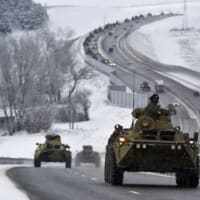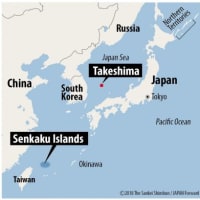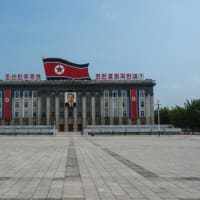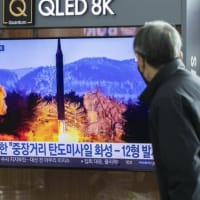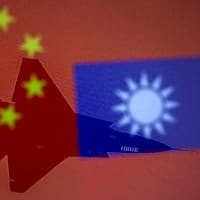
This time I would like tentatively to share some of the contents of the statement published by the 21st Century China Center at UC San Diego.
Vladimir Putin’s brazen invasion of Ukraine has raised some difficult questions about the extent of China’s support and how the U.S. should respond.
Whatever Xi Jinping did or did not know about Putin’s plans when they pledged a Sino-Russian friendship with “no limits” on Feb. 4,
China’s ongoing failure to condemn Russia’s invasion is enabling its continuation.
China’s convoluted rhetoric – noting its traditional support for sovereign borders, opposition to the use of armed force in international disputes, and diplomatic dialogue as the preferred means of addressing interstate crises – rings hollow while Beijing does little to censure Moscow’s actions.
The furthest any Chinese official has yet gone was Foreign Minister Wang Yi’s speech at the Munich Security Conference that defended “sovereignty, independence, and territorial integrity of all countries” and he subsequently told his Ukrainian counterpart in a phone call that China “deplores the outbreak of conflict between Russia and Ukraine.”
At a press conference a few days later Wang signaled China’s tacit approval of what it calls Russia’s “special military operation” in Ukraine by proclaiming the PRC’s relations with Russia to be “rock solid.”
China’s response to Putin’s aggression invites two views.
The first view assumes that China has fully, and probably permanently, thrown itself into a de facto alliance with Russia.
In this view, Beijing has concluded that it shares much more in common with Russia’s anti-Western grievances and worldview than with the U.S.-led alliances.
https://youtu.be/-jtQx9IPhuY










